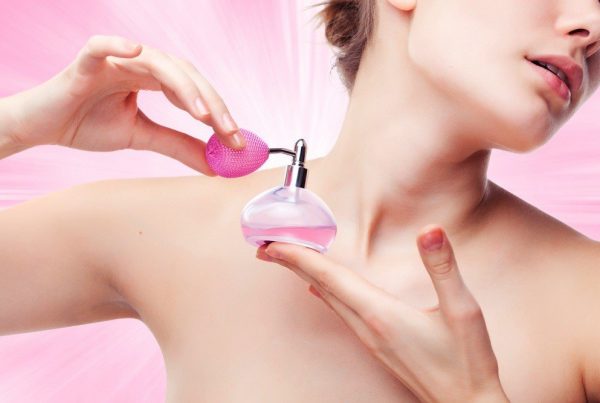The skincare market is full of face masks available at your disposal. With a wide range of benefits, from increased collagen production to helping correct hyperpigmentation, these masks can be beneficial to our skincare regimen. The masks help us obtain radiant and youthful skin.
However, with all the options to choose from, it can be quite challenging to make a decision. So between sheets, peel-offs, and clay masks, we give you a dissection of each. We also list benefits and disadvantages to help you make an informed decision on what to incorporate into your skincare regimen.
Types of Face Masks
1. Sheet Masks
These masks are opted for due to their ability to work as a physical barrier that seals your skin with a combination of highly beneficial ingredients. Much like the human body, the primary ingredient in sheet masks is water.
The CEO of Peach & Lily, Alicia Yoon says “many sheet masks use… water in the formula (which) can help with delivery (of ingredients) to the skin”.
With common ingredients including collagen, ceramides, niacinamide, and retinol, having water as the primary ingredient allows these stronger ingredients to be more palatable to the skin.
Mask Recommendation
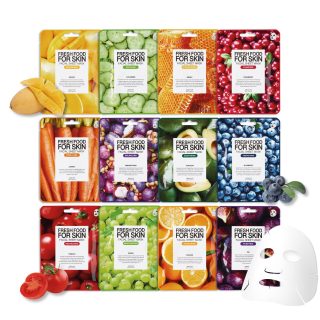
FARMSKIN Facial Sheet Mask
Benefits
- Ultra-hydrating: These thin sheets of paper are soaked in a combination of serums, helping them provide intense moisture. They can contain as much as 3× the normal amount of serum we typically use, containing a higher concentration of active ingredients.
- Limited Moisture Loss: When you use other kinds of masks, the ingredients are left in the open. With sheet masks, these ingredients are trapped between your skin and the mask, ensuring that you are able to gain maximum benefits.
Disadvantages
- Not Environmentally Friendly: To be conscious of your impact on the environment, you may want to consider other options. Although these masks work wonders for your skin, they aren’t as kind to the environment. One sheet mask pack carries a lot of waste. It includes an outer pouch made with aluminum and plastic, the mask itself, and an extra thin plastic sheet attached to the mask. All of these go into the trash can, and they aren’t all recyclable or reusable.
Who Shouldn’t Use These?
- Those With Acne-Prone Skin: Using sheet masks can increase acne. The mask can trap acne-causing bacteria and sebum in the skin, leading to whiteheads, blackheads and inflamed acne. Along with this, the heat inside the mask can thin the skin cells, increasing your chances of getting rosacea.
- Those with Rosacea: Dr. Nivedita Dadu, a renowned dermatologist, says “the heat under a mask may cause the skin capillaries to dilate, which may worsen the rosacea…”
Rosacea is a common skin condition which causes one to experience small red bumps with pus inside, and a stinging, burning sensation.
2. Peel-off Masks
Being in the beauty market for years, peel-off masks are a form of physical exfoliation. With their ability to remove dead skin, bacteria, and dirt from the top layer of the skin, they are able to soften your skin and even your pigmentation.
Mask Recommendation
AZURE Rose Gold Metallic Sparkling Peel Off Moisturizing Face Mask
Benefits
- Helpful Ingredients: Peel-off masks can have ingredients such as:
- activated charcoal – believed to draw out bacteria, toxins, and dirt from the skin
- Botanicals – responsible for smoothing bumpiness, toning, and tightening the skin
- fruit extracts – known to promote the growth of newer and healthier cells – hydrate the skin, alleviate dryness, and protect against the harsh effects of UV radiation and hyperpigmentation.
- Preventing Excessive Oil Production: Peel-off masks are able to absorb excess oil by removing dead skin and dirt from the top layer of skin. Oily skin happens when the glands produce too much sebum, which can lead to a greasy, shiny surface, clogged pores, and acne.
Disadvantages
- Can Strip Your Skin of Essential Oils: There is a belief that peel-off masks can strip the skin of all its essential oils. Sebum is essential in forming a protective barrier for the skin. So, without it, the skin is vulnerable to harmful pathogens and toxins from the external environment.
- Risk of Sagging Skin: Evie Reyna, a licensed esthetician, says “repeatedly pulling your skin out and down as we do when removing this mask can cause a loss of elasticity, which can ultimately lead to sagging skin.”
Who Shouldn’t Use These?
- Those With Sensitive Skin: Dr. Toni Stockton of Stockton Dermatology says “if you have sensitive skin, or are using other products, some of the (peel-off) masks can cause a great deal of irritation and damage to the skin.”
Dr. Brundha Balaraman, a board-certified dermatologist, says “if you have predisposing skin conditions such as eczema, rosacea, or acne, you’re more likely to experience an adverse reaction to peel-off masks.”
3. Clay Masks
Clay Masks are made from different types of clay. These include kaolin, used for its ability to absorb oil and smooth skin, and bentonite, which is used for its ability to detoxify the skin, absorb oil, and treat acne.
The clays used for the masks tend to have a negative pH, which contrasts with our skin’s positive pH. This allows for impurities from the skin to be pulled into the clay, providing various benefits for your skin.
Mask Recommendations
Teami Detox Face Mask
Benefits
- Excess Oil Absorption: Clay Masks have the ability to absorb excess oil from the skin. This helps prevent the formation of acne due to pores clogged with excessive oil and dirt. It also helps remove excess sebum and provides a soothing effect on inflamed breakouts.
- Detoxifying Skin: Your skin absorbs high levels of dirt, pollution, and impurities on a daily basis. Since clay masks are made of negatively-charged molecules, the contrast to your skin’s positively-charged molecules (along with the contrasting pH) allows the mask molecules to bind to toxins deep in your pores, and lift them away, sucking dirt out and leaving your skin glowing. It also helps keep carbon dioxide and other waste products away from your skin, which helps prevent a build-up of toxins.
- Boosting Blood Circulation: Clay masks help boost blood and oxygen circulation, which has been shown to boost collagen production and skin regeneration.
Disadvantages
- Dries Skin Out: According to facialist Sharon McGlinchy, “the dry phase (of clay masks) draws out moisture from the surface of your skin, causing dehydration and irritation”. Clay masks have the ability to induce cutaneous vasodilation, which refers to “a red and flushed appearance” of the skin, typically accompanied by a hot sensation. This is why dermatologists advise that you never let your clay mask completely dry, as it dries your skin out in the process.
Who Shouldn’t Use These?
- Those With Dry Skin: Clay can strip your skin of moisture along with natural oils. If you have dry skin, you need to be cautious of the oil content of your skin and prioritize giving it moisture, not stripping it any further.
- Those With Sensitive Skin: If you’re affected by skin conditions such as psoriasis, rosacea, or eczema, you should be avoiding clay masks altogether. Clay masks contain extra exfoliating and botanical ingredients, which can be fairly irritating to sensitive skin.
The Importance of Making The Right Choice
Face masks are designed to be left on your skin for a short period of time. This is because they have a higher concentration of active ingredients, working quickly to help you achieve your specific skin goal.
Whatever skin concern you have, there’s an option available for you. However, research is important, so you’re making an informed decision based on your skin type and not causing more damage. Remember to always do a patch test on a small area of your body to ensure that you don’t have an adverse effect on the mask ingredients.
MAIN IMAGE CREDIT: Photo by cottonbro studio
References
- Nilforoushzadeh, M.A., Amirkhani, M.A., Zarrintaj, P., Salehi Moghaddam, A., Mehrabi, T., Alavi, S. and Mollapour Sisakht, M., 2018. Skin care and rejuvenation by cosmeceutical facial mask. Journal of cosmetic dermatology, 17(5), pp.693-702.
- Singh, S., Chunglok, W., Nwabor, O.F., Ushir, Y.V., Singh, S. and Panpipat, W., 2022. Hydrophilic biopolymer matrix antibacterial peel-off facial mask functionalized with biogenic nanostructured material for cosmeceutical applications. Journal of Polymers and the Environment, 30(3), pp.938-953.


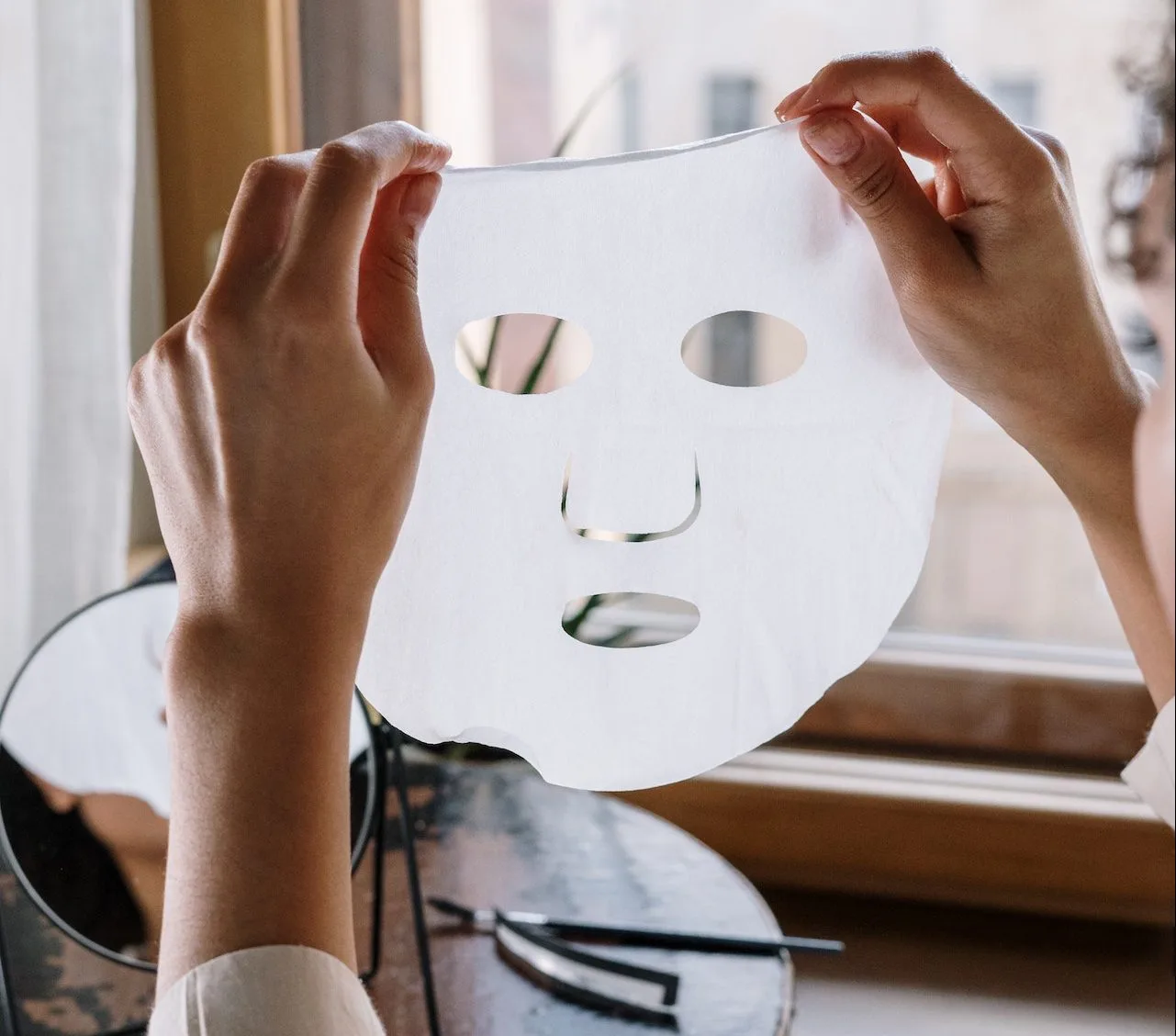
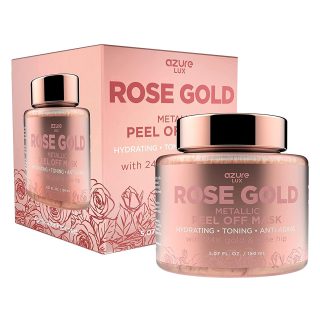
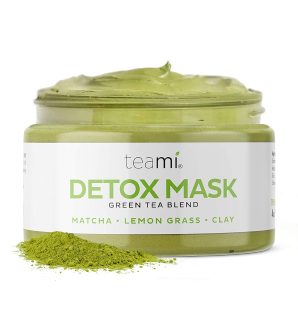
![women [longevity live]](https://longevitylive.com/wp-content/uploads/2020/01/photo-of-women-walking-down-the-street-1116984-100x100.jpg)







